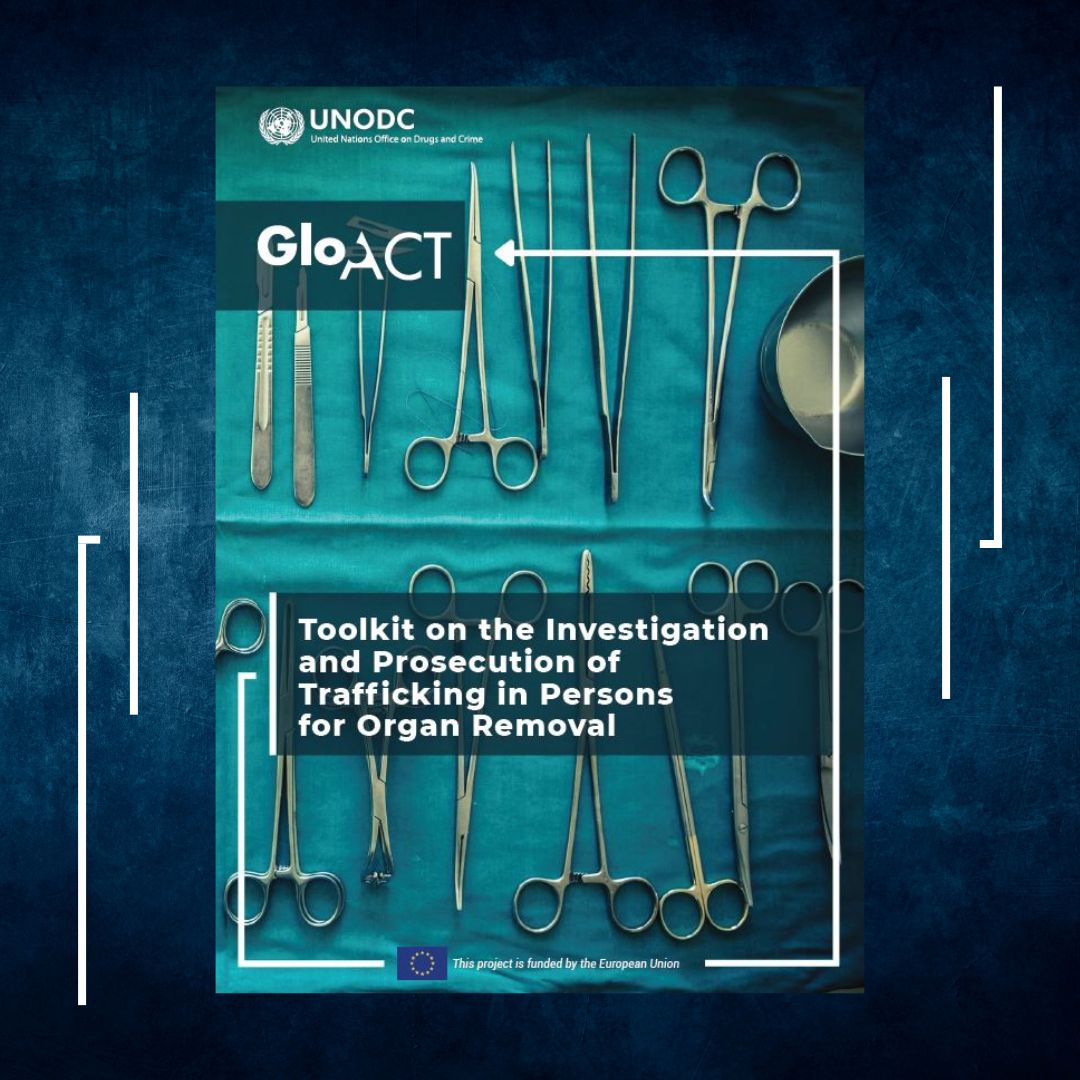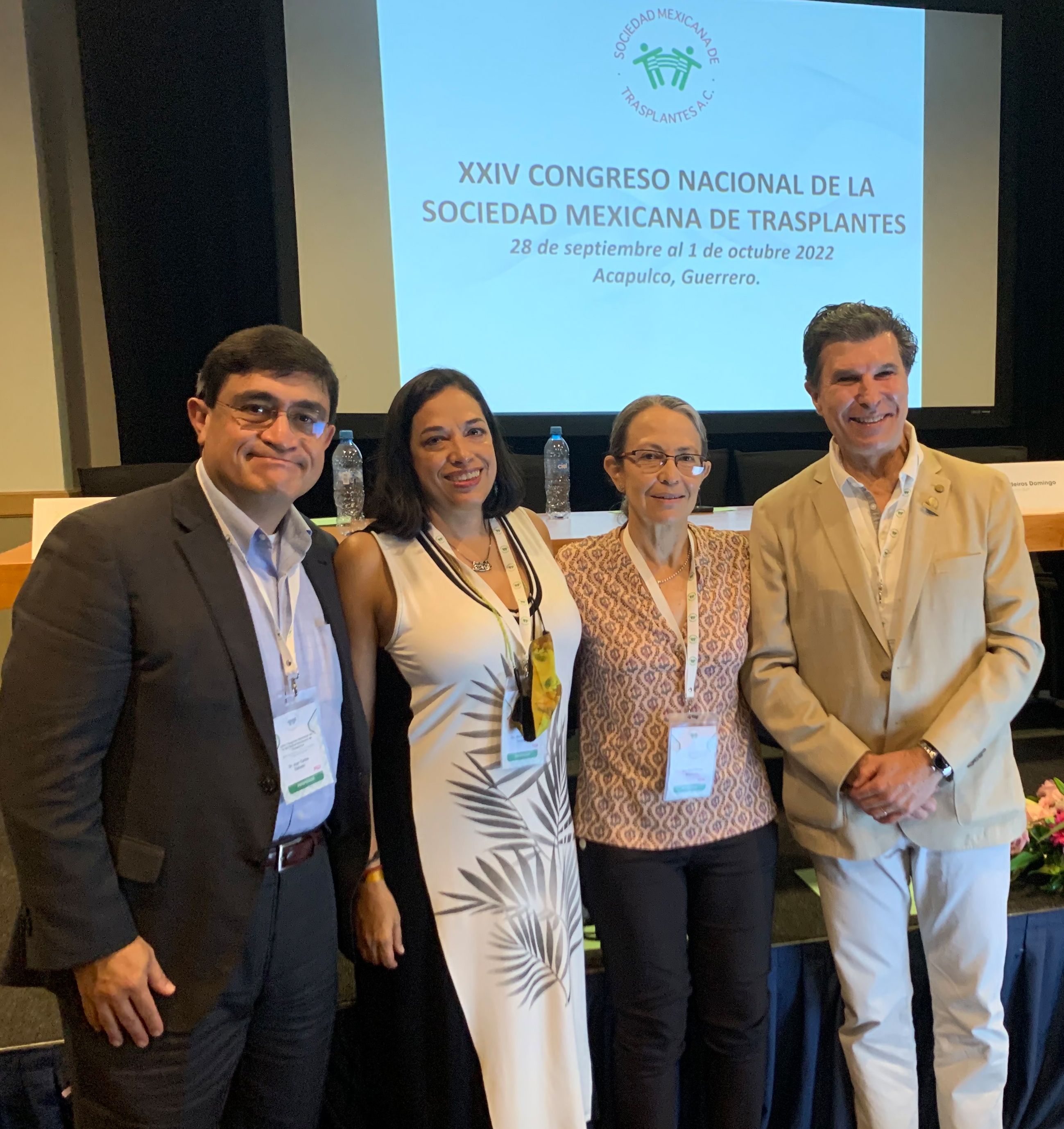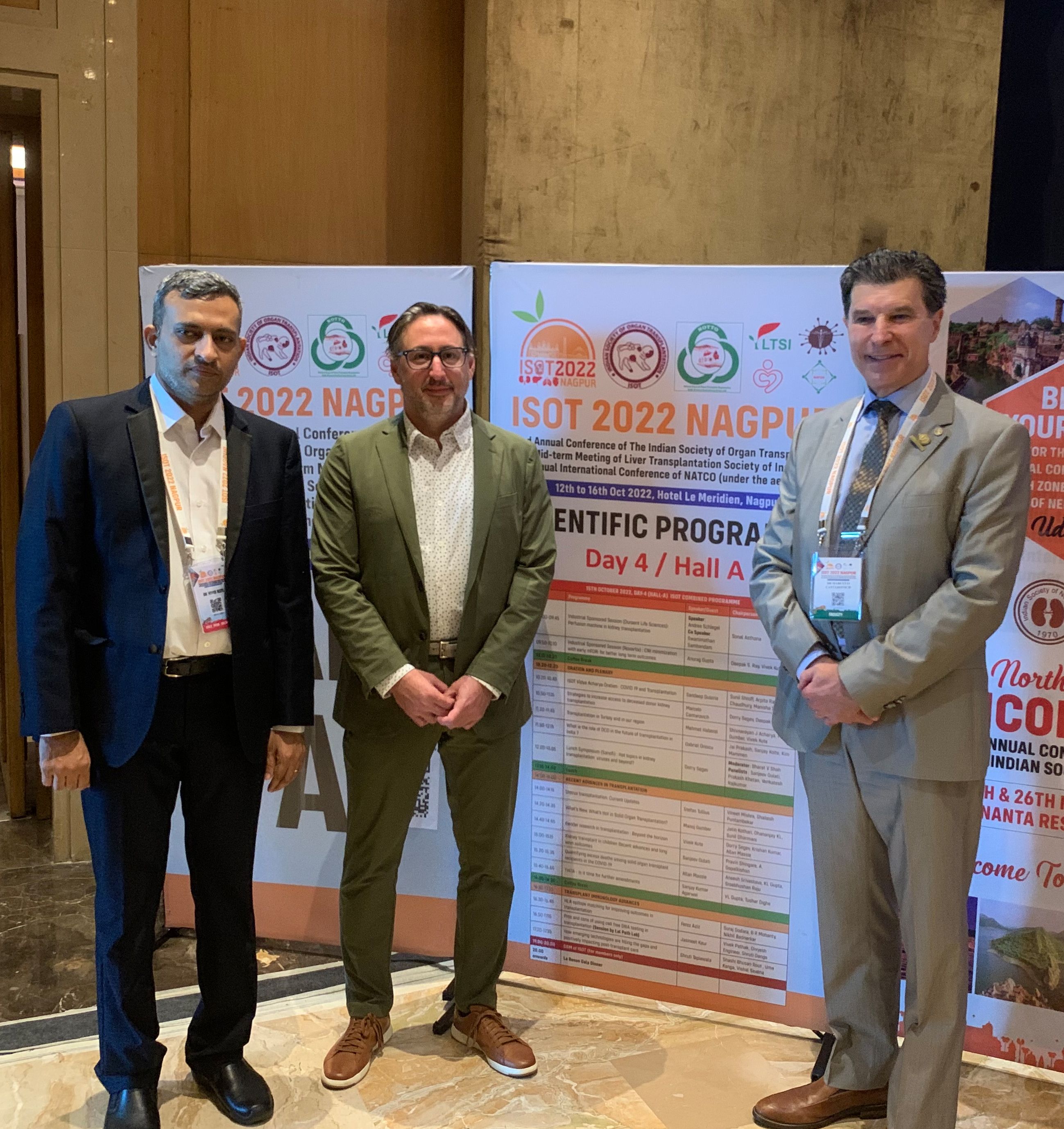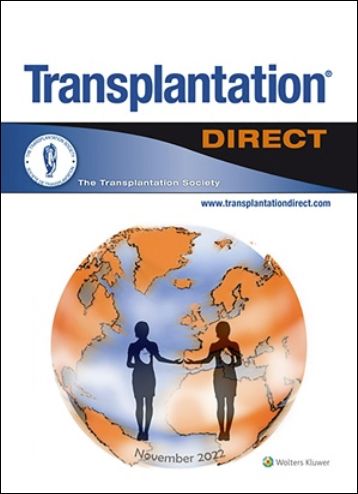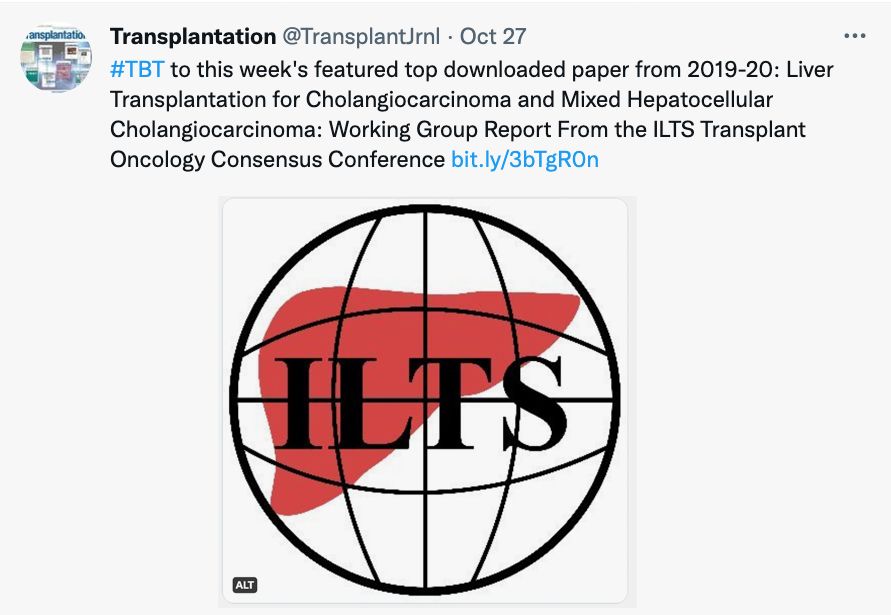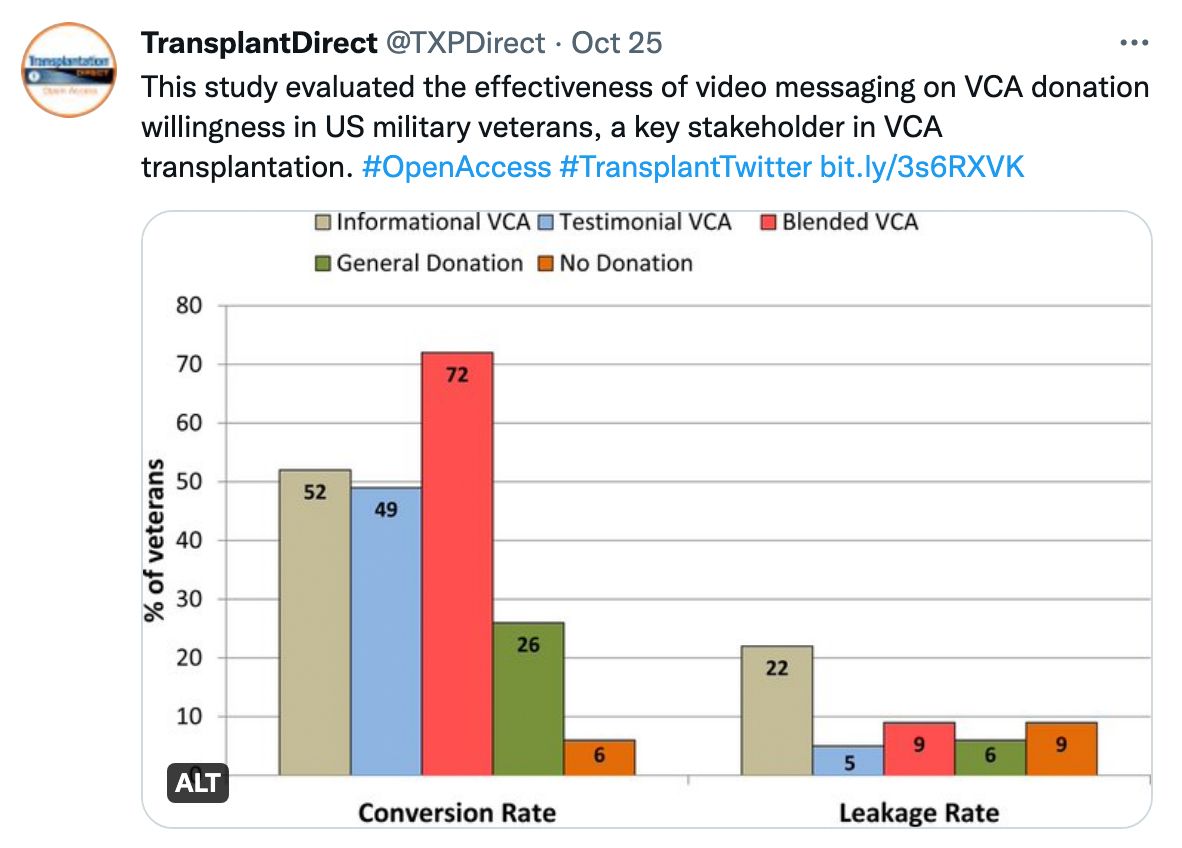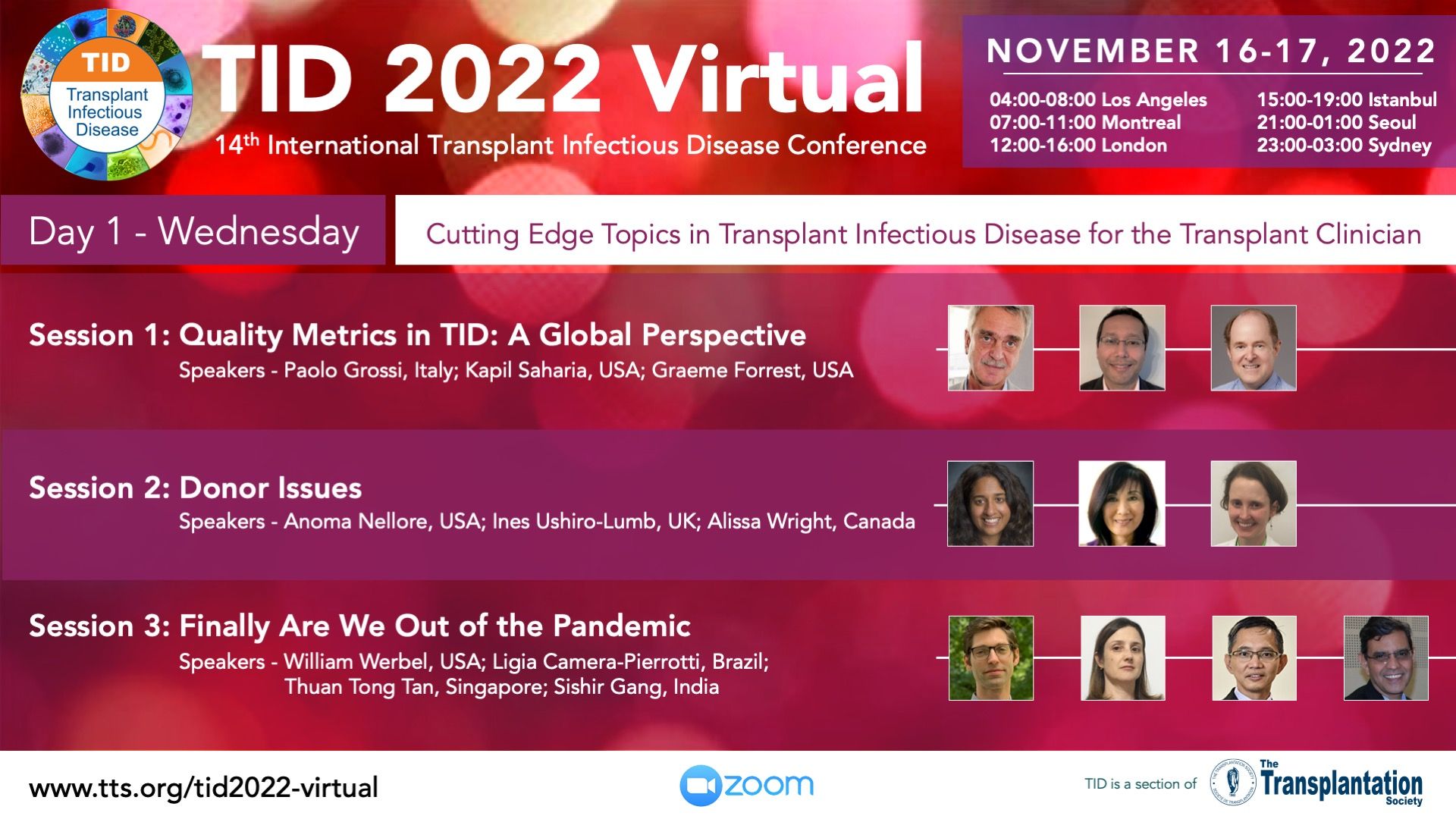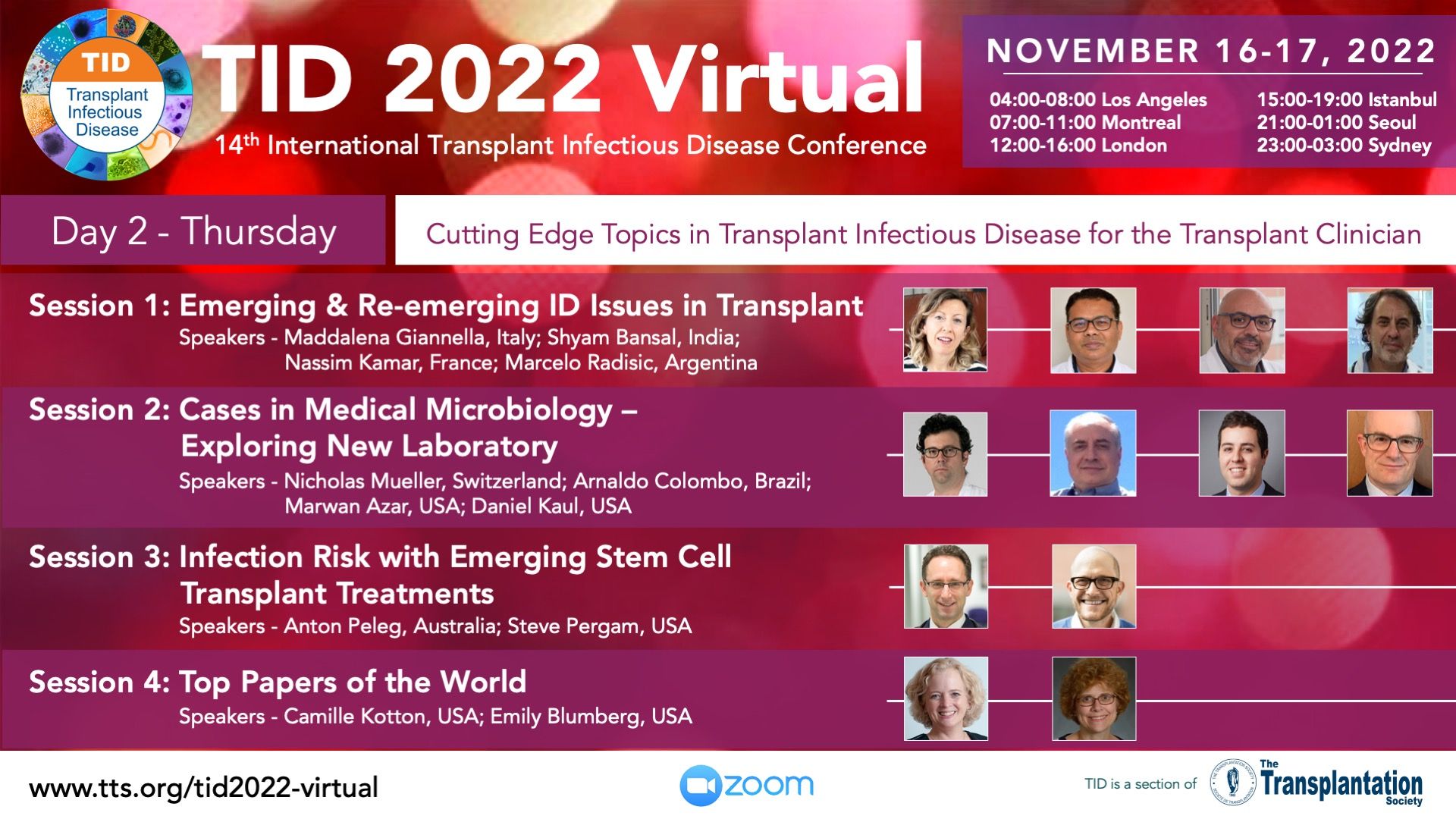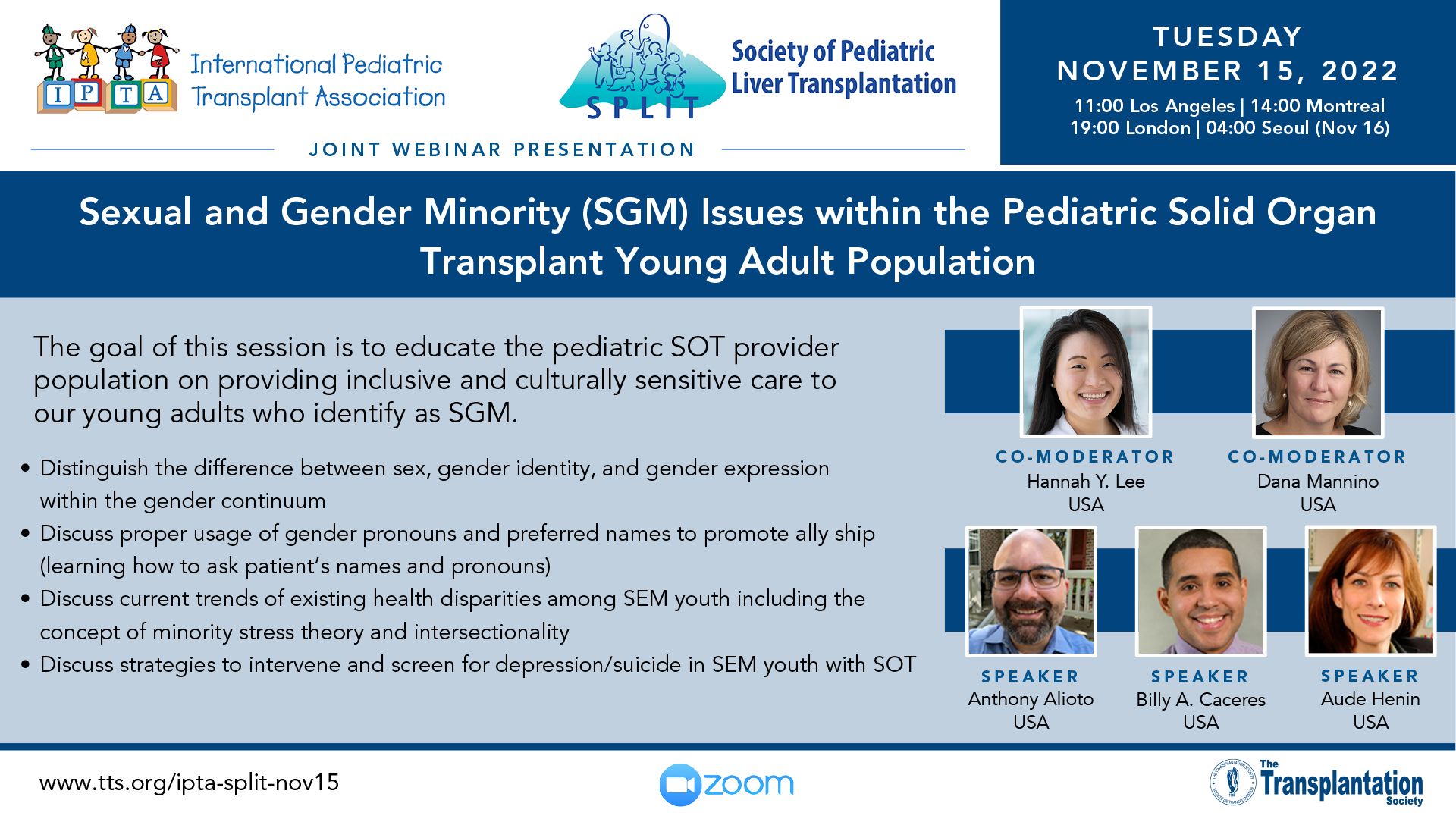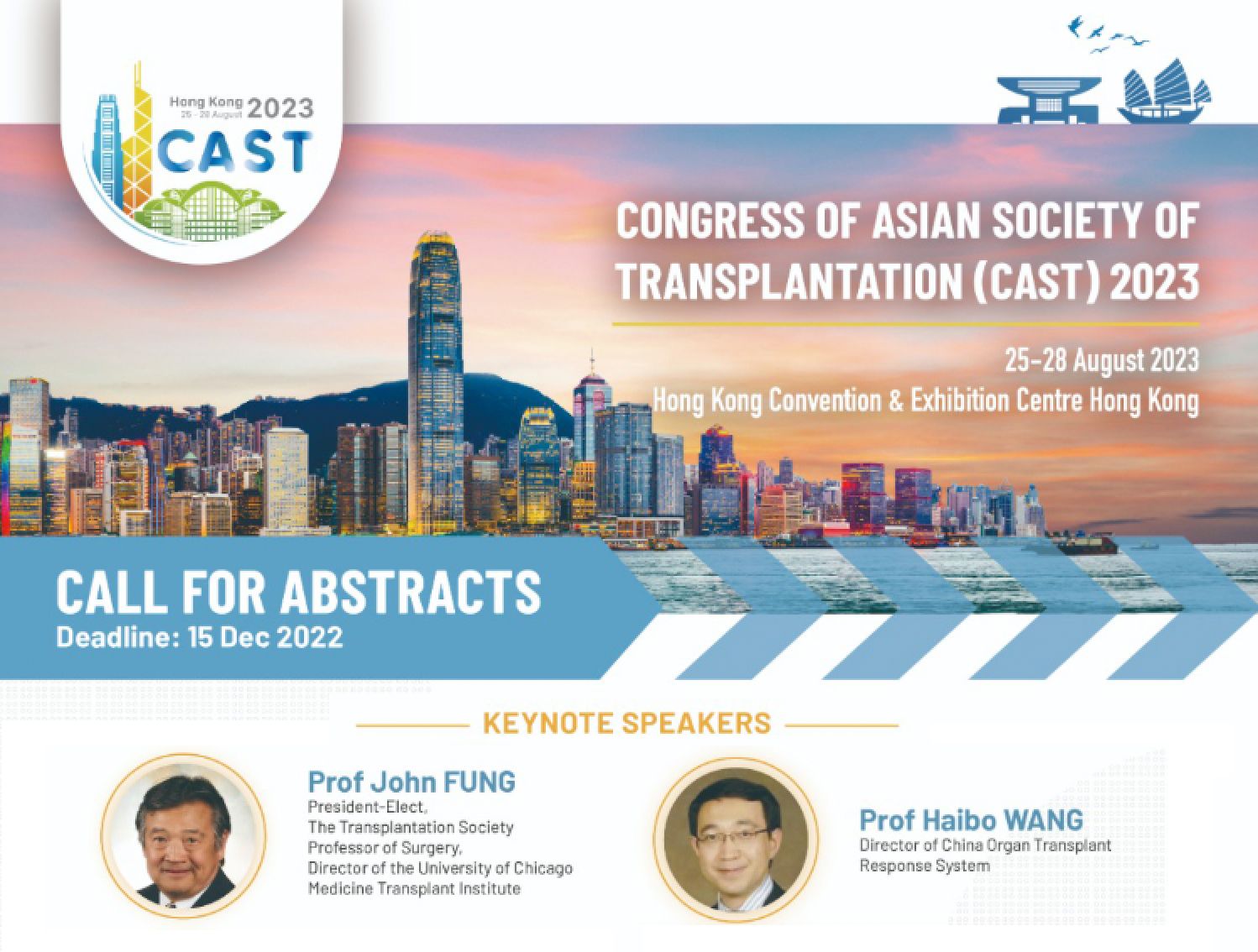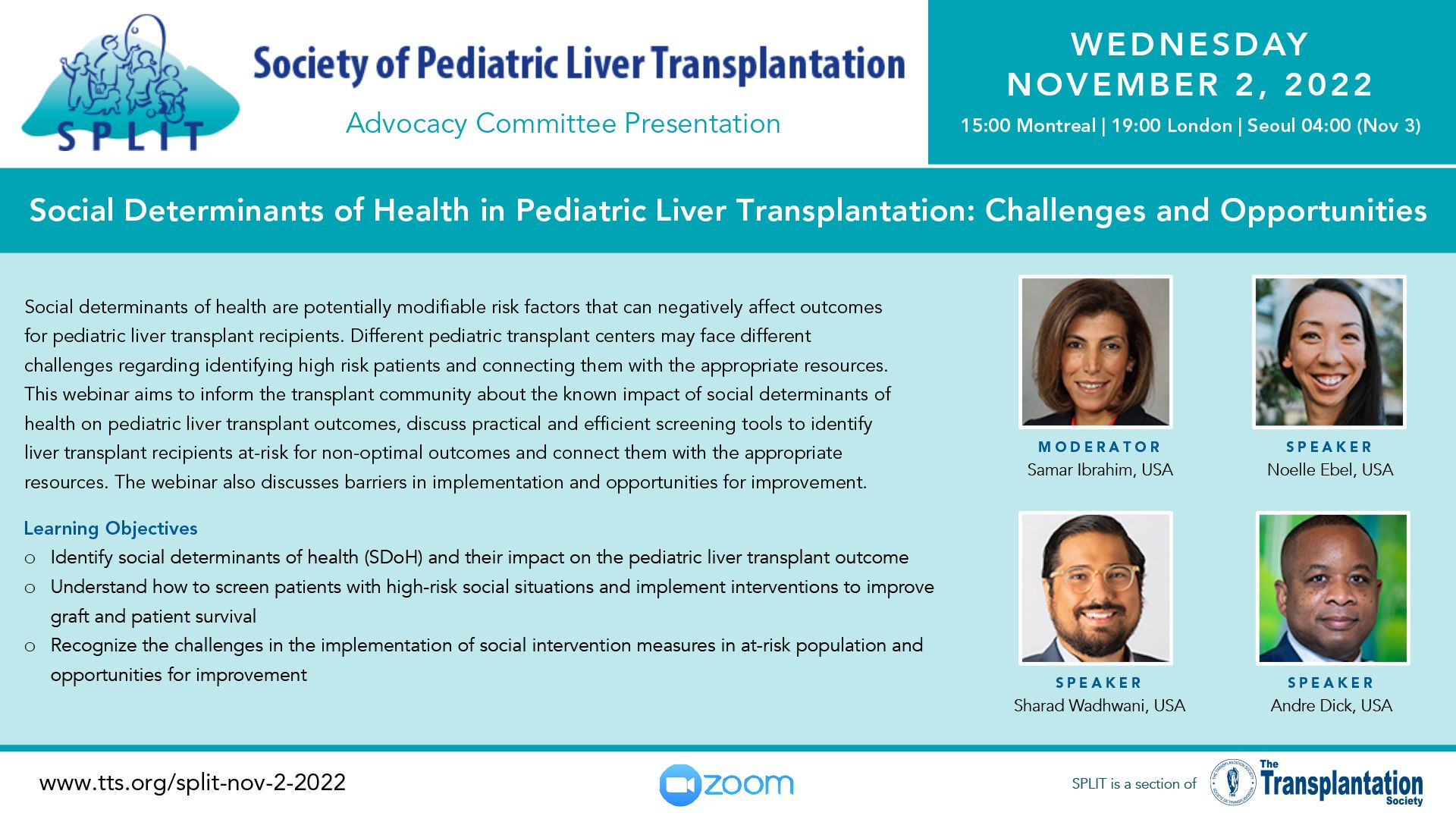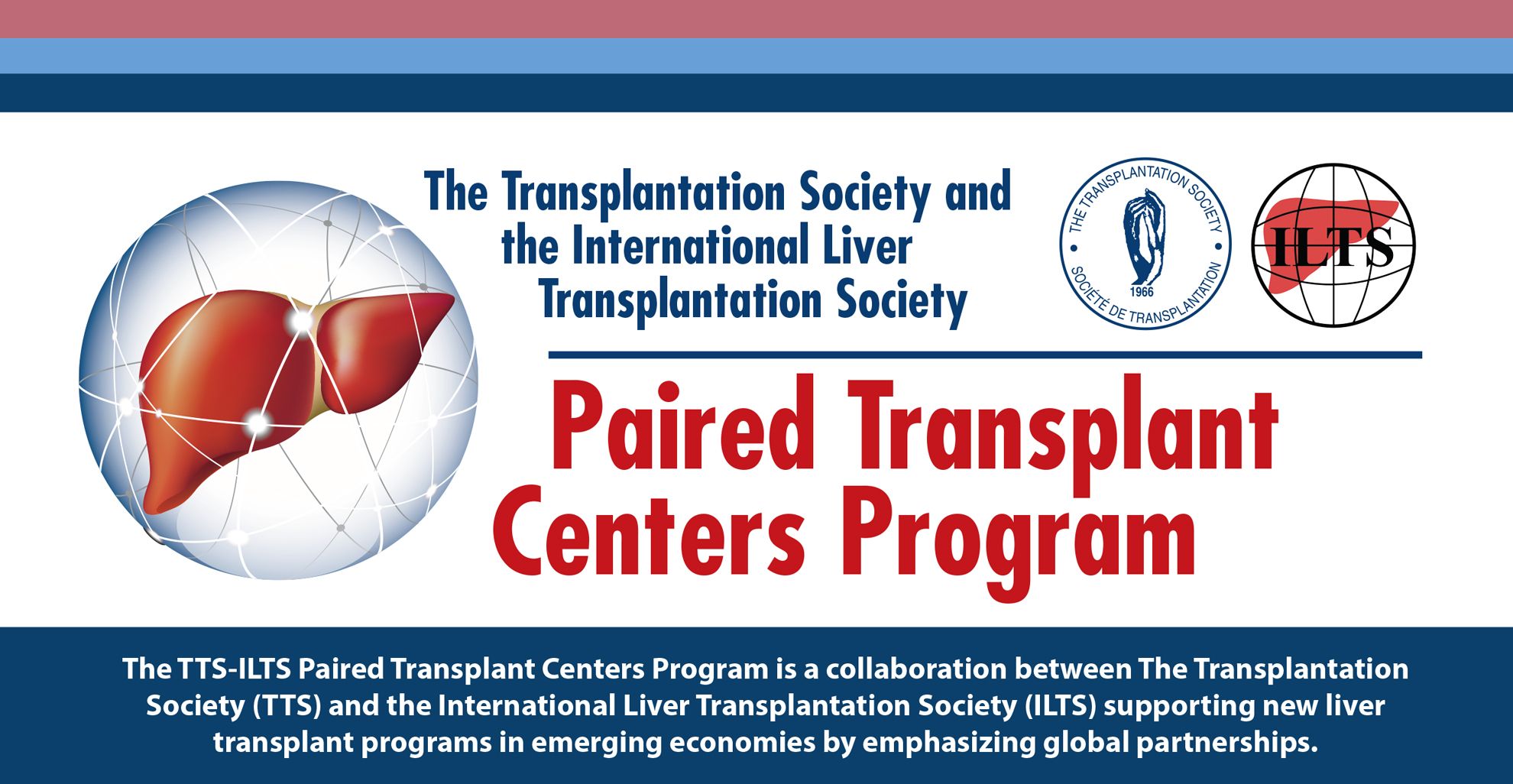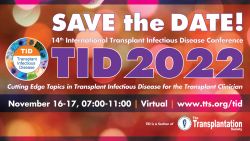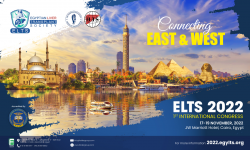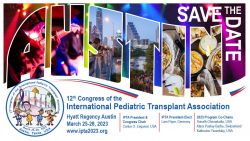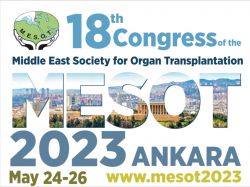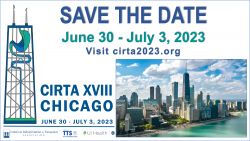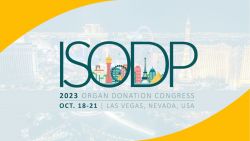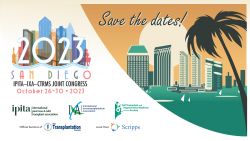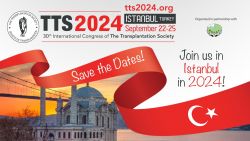
In Memoriam - Sir Peter Morris (1934-2022)
We are sad to announce the passing of TTS Medawar Laureate Sir Peter Morris
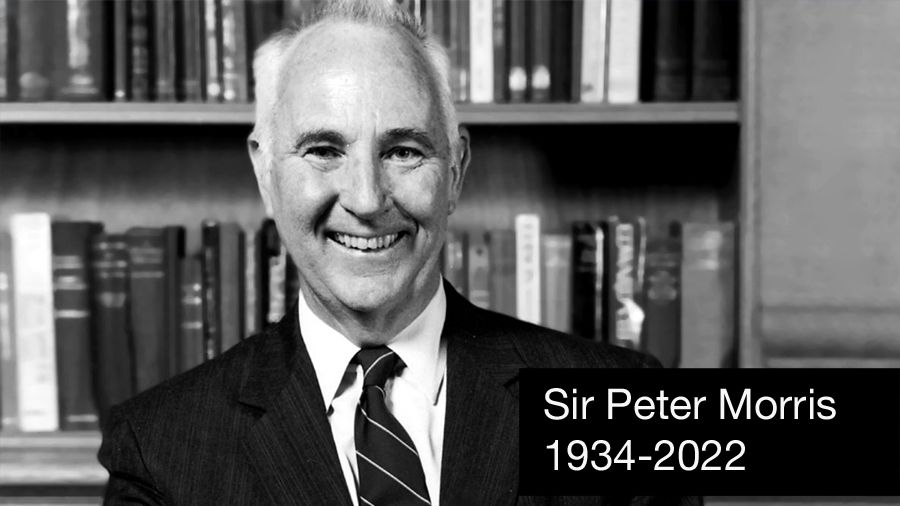
Sir Peter John Morris, Emeritus Nuffield Professor of Surgery University of Oxford an innovative surgeon scientist, dynamic leader and devoted educator.
Peter Morris was born in Horsham, in the state of Victoria, Australia. He studied engineering at Melbourne University, before switching to study Medicine. He graduated in 1957 and married Jocelyn (Joce), also a doctor, 3 years later. While Peter was a young Surgical Registrar at St Vincent's Hospital in Melbourne, Dr Claude Welch from the Massachusetts General Hospital (MGH) came to St Vincent's as a Visiting Professor, this would prove to be important for his future surgical career. In order to gain additional clinical experience Peter and Joce came to work in the UK working their passage as a ships doctor on a cargo ship. Peter was as a surgical trainee at the Hammersmith Hospital in London before moving to Southampton as a registrar. Peter's interest in transplantation was probably initially triggered at the Hammersmith, as the first living unrelated kidney transplant was performed while he was there.
In 1964 Peter, Jocelyn and their first child moved to Boston. It was as a result of assisting Dr Welch during surgery while he was in Melbourne that Peter was appointed as a surgical resident at the MGH where he also began his research career working with Dr Jack Burke investigating defence mechanisms in models of surgical infection. Peter shared with confidents that he had never worked so hard as when he was a surgery resident at the MGH. It was during this time that Peter met Tony Monaco (TTS President 1986-1988) who was working in Dr Paul Russell's laboratory just across the corridor. Tony and his wife became life-long friends.
Peter and the family had originally planned to return to Melbourne, but the post he was to return to had been frozen due to a financial crisis at the university. Instead, David Hume invited him to set up a tissue-typing laboratory at the Medical College of Virginia to support the developing transplant programme. Here Peter became interested in the role of antibodies in transplantation. Together with Paul Terasaki, he discovered that donor specific cytotoxic antibodies did develop after transplantation and that if they were present at the time of transplantation, they could trigger hyperacute rejection of the transplanted organ.
At the end of 1967 Peter did return to Melbourne as a transplant and vascular surgeon and set up the tissue typing and immunology laboratories. Alan Ting joined Peter as his first graduate student to continue the study of the complex role antibodies play in transplantation.
Peter moved to Oxford with Joce and their five children in 1974 as Nuffield Professor of Surgery and Fellow of Balliol College. Several of Peter's colleagues from Melbourne moved to Oxford with him including John Fabre, Peter's second graduate student in Melbourne, and Alan Ting. Together they established a tissue typing laboratory and immunology research programme alongside the clinical transplant service. Sir Peter Medawar opened the first dedicated transplant unit at the Churchill Hospital in Oxford in 1978. The Oxford clinical and research programmes grew and soon attracted excellent clinical fellows and post-doctoral scientists as well as training numerous surgeon and physician scientists and immunologists, many of whom now run clinical and research programmes around the world. Peter, together with his Oxford colleagues, was a prolific author publishing widely in the scientific and surgical literature. His book, Kidney Transplantation is in its 8th edition, and he was the founding editor of the Oxford Textbook of Surgery.
Peter was a life-long supporter of The Transplantation Society. He organised the Brighton Congress in 1982, was elected as TTS President 1984-1986 and awarded the Medawar Prize in 2006. Peter served as an Editor of Transplantation from 1976 to 2014.
Peter was an accomplished sportsman representing Melbourne University at cricket, Australia at baseball and rather bizarrely, France at golf. The annual cricket match against the Nuffield Department of Medicine was always a tense affair. With his colleague Sir Roy Calne, also an excellent tennis player and Professor of Surgery at the University of Cambridge, the annual cricket and tennis matches were also much anticipated.
Peter was a guest on BBC Radio 4 Desert Island Discs in 2002.
He was elected as Fellow of the Royal Society in 1994, was a foundation fellow of the Academy of Medical Sciences in 1998 and President of the Royal College of Surgeons (RCS) England 2001-2004. As Chairman of the RCS Research Board, he championed the Research Fellowship Scheme to facilitate the training of surgeon scientists. He was awarded the Lister Prize for his contributions to surgical science in 2006.
Peter was knighted by Queen Elizabeth II in 1996 for services to Medicine and made a Companion of the Order of Australia in 2004. He retired from the Nuffield chair in 2001, continuing to be active in the field developing The Transplant Library designed access to high quality, evidence-based information on all of aspects of solid organ transplantation.
Peter will be sadly missed by friends and colleagues in many parts of the world.
He is survived by his wife Joce and their children and families.
Professor Sir Peter Morris AC FRS - April 17, 1934 to October 29, 2022
UNODC Toolkit on the investigation and prosecution of persons for organ removal
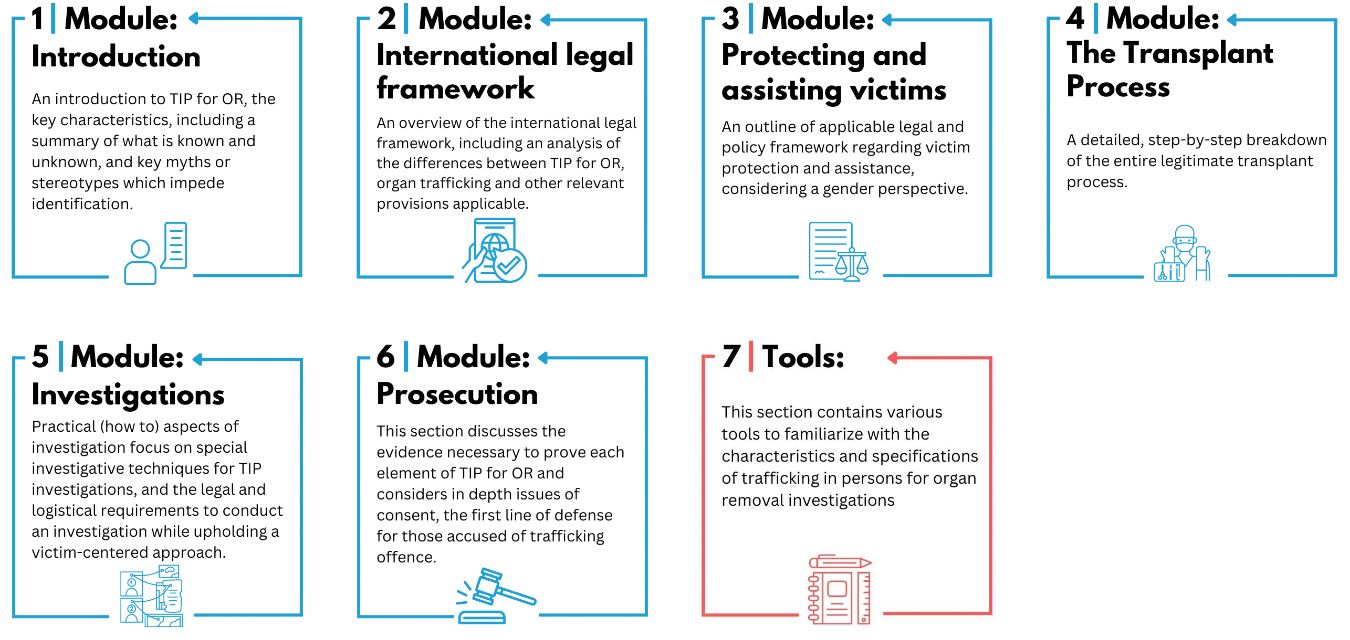
TTS participated at the 2022 Mexican Society of Transplantation Congress!
TTS @ Annual Conference of The Indian Society of Organ Transplantation
Transplantation Updates

Just Released - Transplantation Direct - November Issue
Review
Kidney Transplantation
- Predictors of Nonseroconversion to SARS-CoV-2 Vaccination in Kidney Transplant Recipients
- Comparison of the Immune Response After an Extended Primary Series of COVID-19 Vaccination in Kidney Transplant Recipients Receiving Standard Versus Mycophenolic Acid–sparing Immunosuppressive Regimen
- Poor Physical Function Trajectory Predicts Impaired Patient Survival in Older Recipients of Deceased Donor Kidneys: A Prospective Cohort Study
- Patient and Graft Survival After A1/A2-incompatible Living Donor Kidney Transplantation
- Application of Ex Vivo Normothermic Machine Perfusion in Deceased Donors With Acute Kidney Injury With Successful Renal Transplantation: A Preliminary Experience
Liver Transplantation
- DCD Liver Grafts Can Safely Be Used for Recipients With Grade I–II Portal Vein Thrombosis: A Multicenter Analysis
- Liver Transplant Outcomes in Patients With Postcapillary Pulmonary Hypertension
- Is a Preservation Solution for Living Donor Liver Transplantation Needed? Adding a New Chapter in LDLT!
- The Role of Dynamic DNA Methylation in Liver Transplant Rejection in Children
- Magnetic Resonance Imaging Predictors of Hepatocellular Carcinoma Progression and Dropout in Patients in Liver Transplantation Waiting List
Intestinal Transplantation
- Orthotopic Transplantation of the Full-length Porcine Intestine After Normothermic Machine Perfusion
Organ Donation and Procurement
Infectious Disease
- Humoral and Cellular Immune Responses After a 3-dose Course of mRNA-1273 COVID-19 Vaccine in Kidney Transplant Recipients: A Prospective Cohort Study
- SARS-CoV-2 Spike-specific IFN-γ T-cell Response After COVID-19 Vaccination in Patients With Chronic Kidney Disease, on Dialysis, or Living With a Kidney Transplant
- SARS-CoV-2 Vaccination in Kidney Transplant Recipients—Stratified Analysis of the Humoral Immune Response
Transplantation - Week's Most Downloaded Paper
Liver Transplantation for Cholangiocarcinoma and Mixed Hepatocellular Cholangiocarcinoma: Working Group Report From the ILTS Transplant Oncology Consensus Conference
This week's featured top downloaded paper from 2019-20: Liver Transplantation for Cholangiocarcinoma and Mixed Hepatocellular Cholangiocarcinoma: Working Group Report From the ILTS Transplant Oncology Consensus Conference.Transplantation Direct - Highlighted Tweet
Video Messaging to Increase Vascularized Composite Allograft Donation Willingness in United States Military Veterans
This study evaluated the effectiveness of video messaging on VCA donation willingness in US military veterans, a key stakeholder in VCA transplantation.TID 2022 Virtual - 14th International Transplant Infectious Disease Conference
CAST 2023 (Hong Kong) - Abstract Deadline Dec 15
The Asian Society of Transplantation is a TTS affiliated society and this congress is endorsed by TTS.
In Case You Missed It - Recent Webinar Presentation
TTS-ILTS Paired Transplant Centers Program - Apply Today!
Contact
Address
The Transplantation Society
International Headquarters
740 Notre-Dame Ouest
Suite 1245
Montréal, QC, H3C 3X6
Canada
Используйте Вавада казино для игры с бонусом — активируйте промокод и начните выигрывать уже сегодня!

